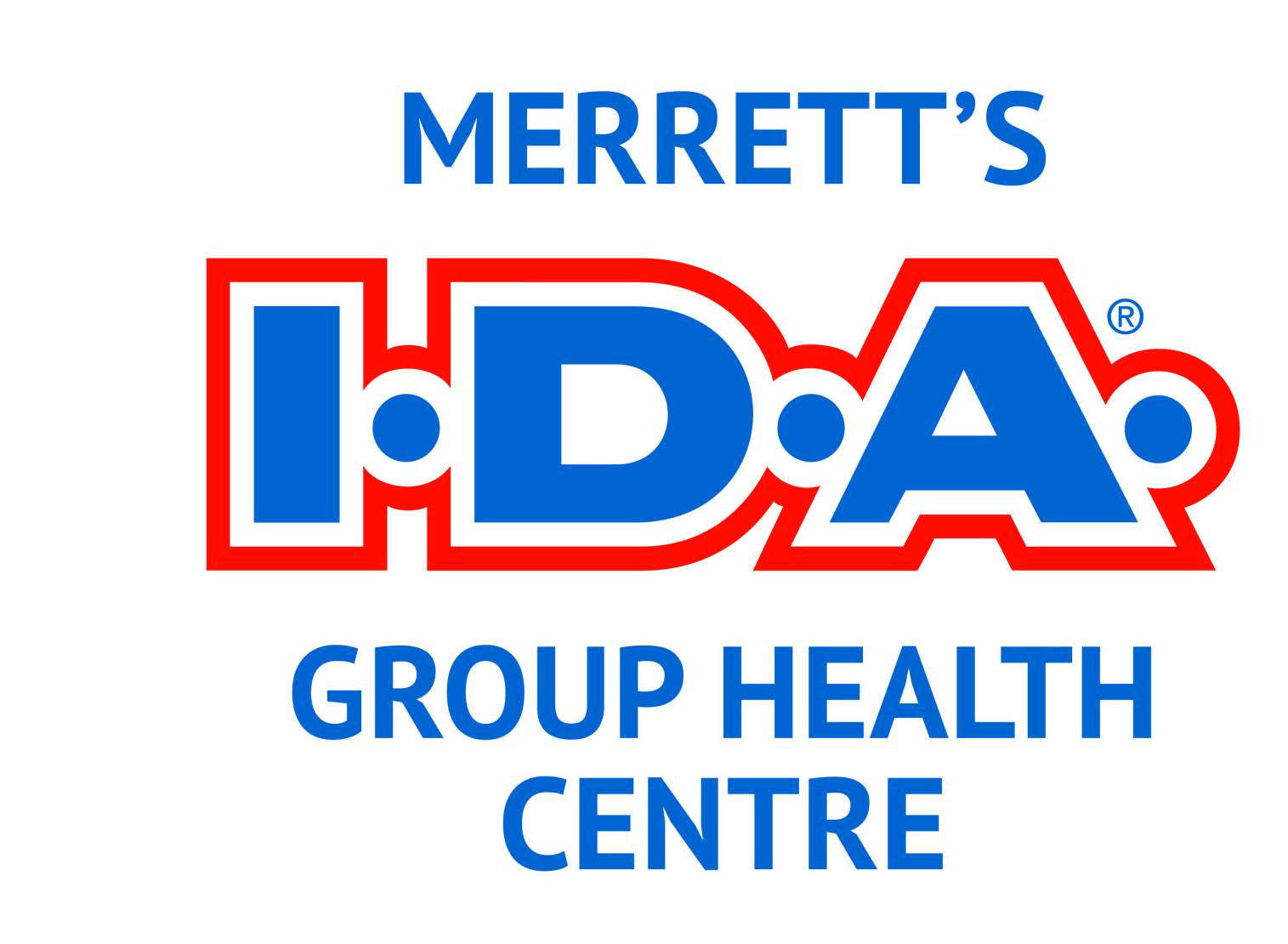Acetaminophen is considered safe during pregnancy and breastfeeding. It is often the medication of choice to relieve mild to moderate pain.
OTC non-steroidal anti-inflammatory drug (NSAIDs) such as ibuprofen, may not be safe for you or your baby, so always ask your pharmacist before taking one.
Depending on your pain treatment, taking an over-the-counter (OTC) analgesic in addition to your pain medication may or may not be a safe option. OTC analgesics can contain the same ingredients, or very similar ones, as those in your prescription medications, putting you at risk of taking too much. Many “all-in-one” products to treat cold or allergies also contain an analgesic. For these reasons, always validate with your pharmacist before taking an OTC pain relievers.
If you become ill, with a cold for example, or have pregnancy–related discomfort, such as heartburn, never take an OTC product or a natural health product without first talking to your doctor or pharmacist. Your health care professionals will recommend safe options to relieve your symptoms.
